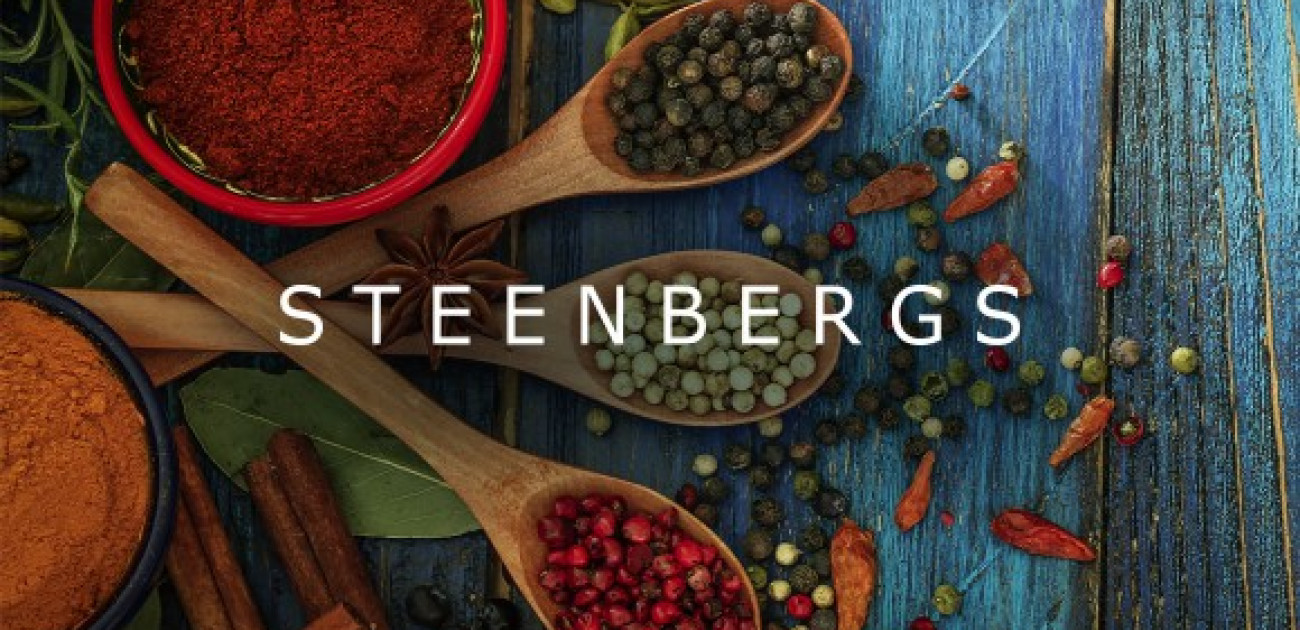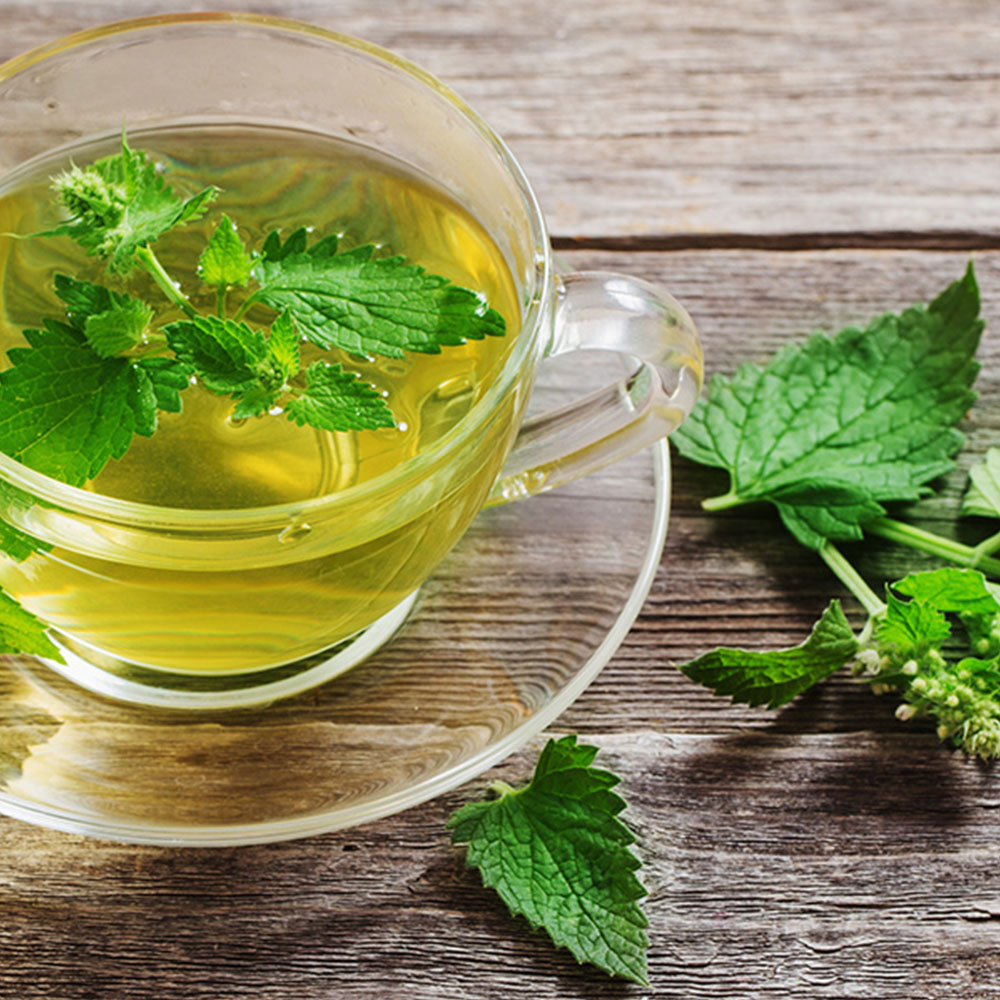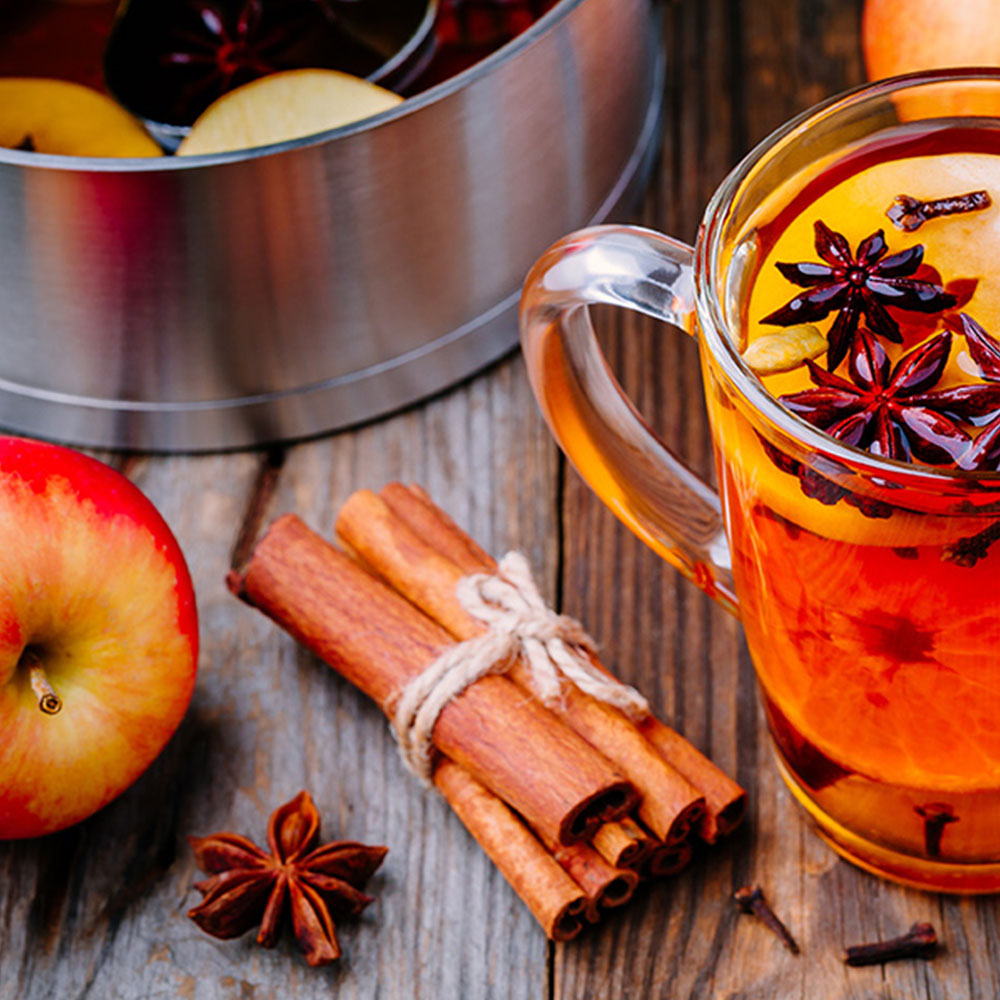15 March 2010
Child Labour and Vanilla

There was a pretty damning article in The Times yesterday about child labour and low prices paid for vanilla from Madagascar - see http://www.timesonline.co.uk/tol/news/world/africa/article7060962.ece, however rest assured our vanilla beans are not creating abuse like that. Here is my full response to the article:
"At Steenbergs, we were one of the first people in Europe to start with Fairtrade spices before any of the supermarkets or other major spice brands. We hate the fact that such a small amount is being on the high street for commodities that mean the difference between a sustainable living and real poverty and hunger for families in the developing world, including child labour on a big scale; a few pence saved by Tesco or Sainsbury translates into a huge difference back on the small farms in Madagascar, India and Sri Lanka. When Axel Steenberg (that’s me) and Sophie Steenberg (my wife) started buying and selling organic spices back in 2003, there had been a few bad crops of vanilla in Madagascar so 90% of world supply disappeared overnight and the price of vanilla shot up to $500. We worked hard to pioneer Fairtrade spices and became one of the first to do these in the world. As for vanilla, small farmers in India borrowed money and started planting vanilla plants to “cash in” on the boom, only for Madagascan supply to come back and the prices on the world market to collapse to below $20 now, leaving farmers in India with unpayable debts and suicides rising. That’s where Fairtrade comes in, as it put a floor on the vanilla price purchased from source at $45 per kg of vanilla plus $6.50 as a Fairtrade premium, as well as having rules on using child labour and educating children and so on.
Fairtrade rules state that no child below the age of 15 may be employed (contracted) and any work may not interfere with schooling, or jeopardize “the social, moral or physical development of the young person”. Also, the people involved must work under the Small Producers rules of Fairtrade and cannot be big industrial concerns. This is audited annually by auditors working for Fairtrade as there is a fine line between a bit of casual work on the family farm (which is permitted and cannot be policed) and employed work which could drift to become like the article above. The minimum price of $45 per kg is the price that is paid by our exporters of vanilla, whether from Madagascar or India, to the farmers groups plus the various costs of getting it here to Ripon in North Yorkshire. We pay more for the gourmet high quality beans that we use for Steenbergs products or sell to people like Crazy Jack’s and a bit less for extract grade Fairtrade vanilla beans that go into Steenbergs organic Fairtrade vanilla extract, so when you buy these products we have paid minimum prices way above the world market price, as well as adhering to the rules of Fairtrade and a chain of custody that ensures money gets down to the people who matter. We are currently redesigning our vanilla packaging and you will be able to get two Steenbergs organic Fairtrade vanilla beans for less than the price of non-organic vanilla in a supermarket – about £4.50 for two.
One of the things to look out for is that the vanilla in the your chocolate bars is actually from a Fairtrade vanilla. So I am not convinced that your Fairtrade Dairy Milk Bar from Cadbury’s contains any Fairtrade vanilla, so it’s a bit of a swizz, just like the Green & Black’s Fairtrade Maya Chocolate Bar that does not include Fairtrade vanilla just a straight old organic one.
Find out more at https://steenbergs.co.uk/category/22/fairtrade-products for fairtrade products and about our ethics at https://steenbergs.co.uk/article/show/48/steenbergs-business-social-and-ethical-principles and about how Fairtrade works at https://steenbergs.co.uk/blog/2009/09/fairtrade-spices-standards-a-reprise/"




